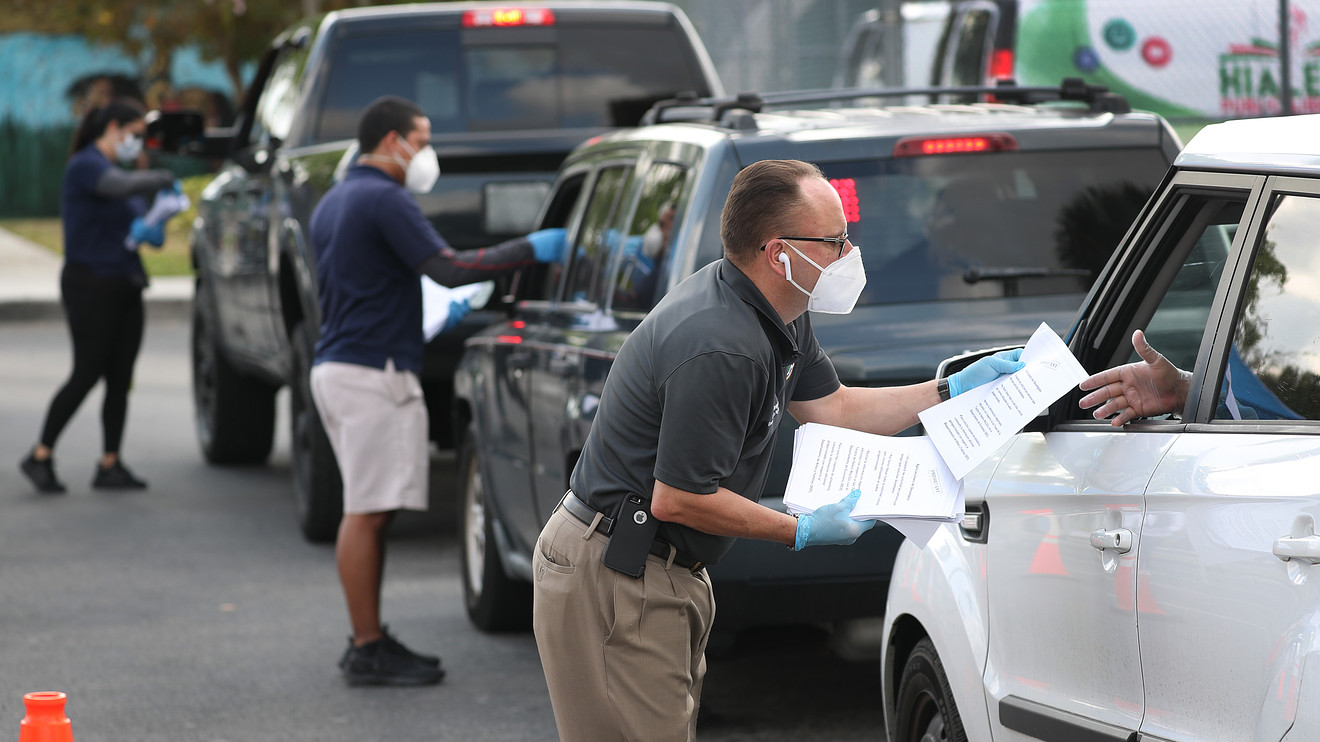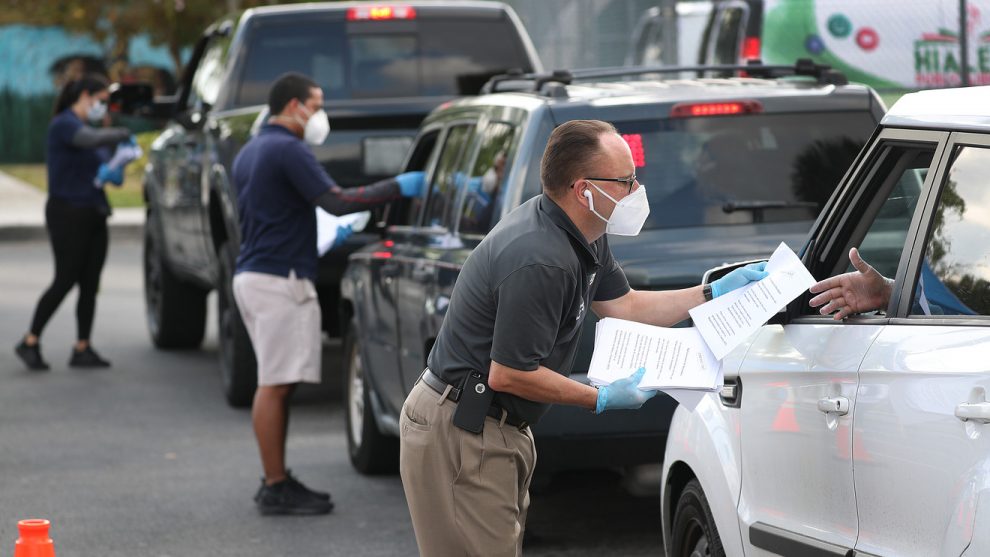
With unemployment surging and businesses under financial pressure during the coronavirus outbreak, it’s only a matter of time before many declare bankruptcy to handle their debts and get a new start, some observers say.
But if bankruptcy courts are about to be awash in new cases, the flood didn’t start in April.
There were 47% fewer consumer bankruptcies in April 2020, compared to April 2019, according to statistics released Tuesday by the American Bankruptcy Institute (ABI).
That’s 36,150 new consumer cases last month, as opposed 67,802 in the same month last year, according to ABI, a professional association for lawyers and judges involved in the bankruptcy process.
The number of commercial bankruptcy filings in April, 2,278, was a 35% drop from a year ago. That’s even while businesses filed 26% more Chapter 11 filings, compared to a year ago. (J.Crew, the upscale clothing company, filed a Chapter 11 case on Monday.)
Meanwhile, more than 30 million people filed jobless claims by the end of April while one business-activity index on the economy’s service sector hit an all-time low during the month.
So what gives?
There are differing theories behind the drop in bankruptcy filings.
The $2.2 trillion stimulus bill played a role, according to Amy Quackenboss, ABI’s executive director.
The Coronavirus Aid, Relief, and Economic Security Act authorized $1,200 payments to qualifying individuals, $2,400 to married couples and $500 per child. The bill also set aside $349 billion in potential forgivable loans to small businesses. (Legislators authorized another $320 billion for the loan program after the first pot of loan money ran out.)
“ ‘The extraordinary measures taken by Congress and the Administration to assist individuals and businesses weather the initial economic shock caused by the pandemic have likely staved off bankruptcy filings to date.’ ”
“The extraordinary measures taken by Congress and the Administration to assist individuals and businesses weather the initial economic shock caused by the pandemic have likely staved off bankruptcy filings to date,” Quackenboss said in a statement.
Still, she added, bankruptcy could offer a “financial safe harbor” going forward.
The IRS had sent out nearly 90 million checks as of mid-April, but some say the one-off payments won’t suffice.
When people are suddenly facing financial woes, many don’t immediately resort of bankruptcy, said John Colwell, president of the National Association of Consumer Bankruptcy Attorneys. Right now, “people are in a state of shock, they can’t think straight,” he said.
But as states end shutdown orders and many furloughed and laid off workers try to find work, Colwell said, “it’s clear the filings are going to go back up. There’s no question about it.”
“ ‘It’s clear the filings are going to go back up. There’s no question about.’ ”
It can also be too expensive for some consumers to file for bankruptcy, Colwell noted. Someone filing a Chapter 7 case , which liquidates a person’s non-protected assets, typically has to pay around $2,000 to $3,000 upfront — and that’s no small expense, especially for someone seeking bankruptcy protection, Colwell said.
In the San Diego, Calif. area where Colwell works, a Chapter 13 case where debtors pay their creditors through installments, can cost upwards of $3,900. Those legal fees can be incorporated into the payment plan, he noted.
Another possible reason for the dip in bankruptcies is that many courts have shut down in-person meetings for the time being, said Ben Iverson, a professor at Brigham Young University’s Marriott School of Business. “It might actually be difficult for someone to file for bankruptcy if they don’t know how to file electronically,” Iverson told MarketWatch.
Another factor: Many companies and consumers still don’t know how their finances will shake out, Iverson noted. Certain landlords, credit card companies and student loan lenders are not demanding payment right now, he said.
“Those immediate triggers to file for bankruptcy have been put on hold for a period of time, leading to a short-term decline in bankruptcy filings,” said Iverson. He thinks the lull could end in two to three months. “Eventually, lenders will start to require payment and that should lead to a wave of bankruptcies at that time.”











Add Comment